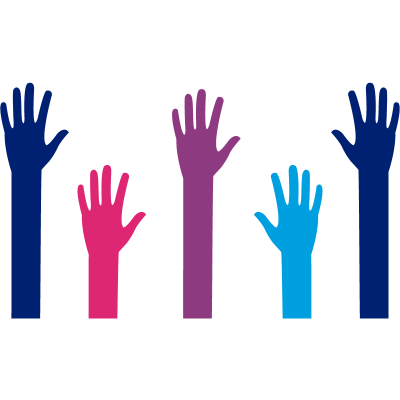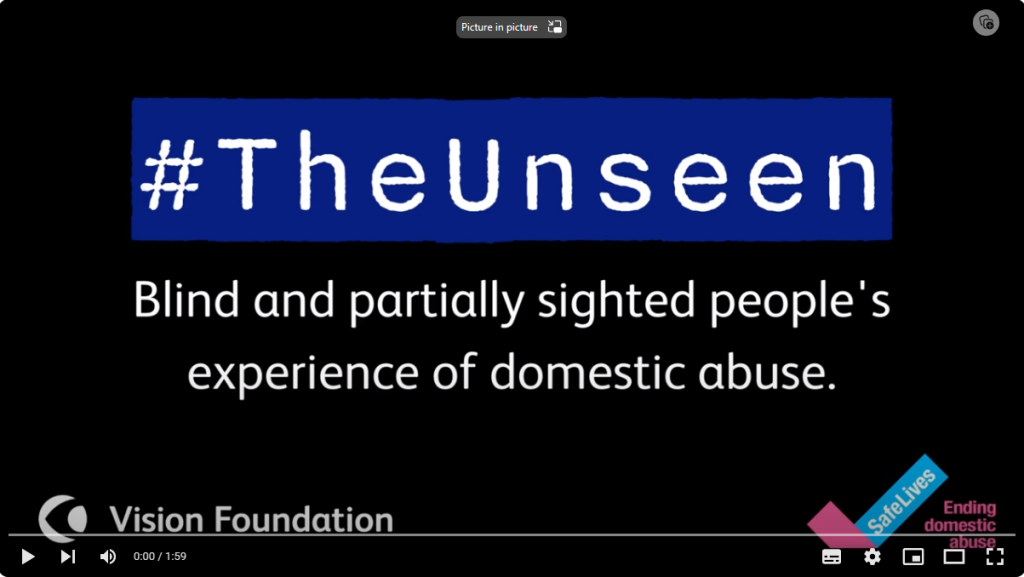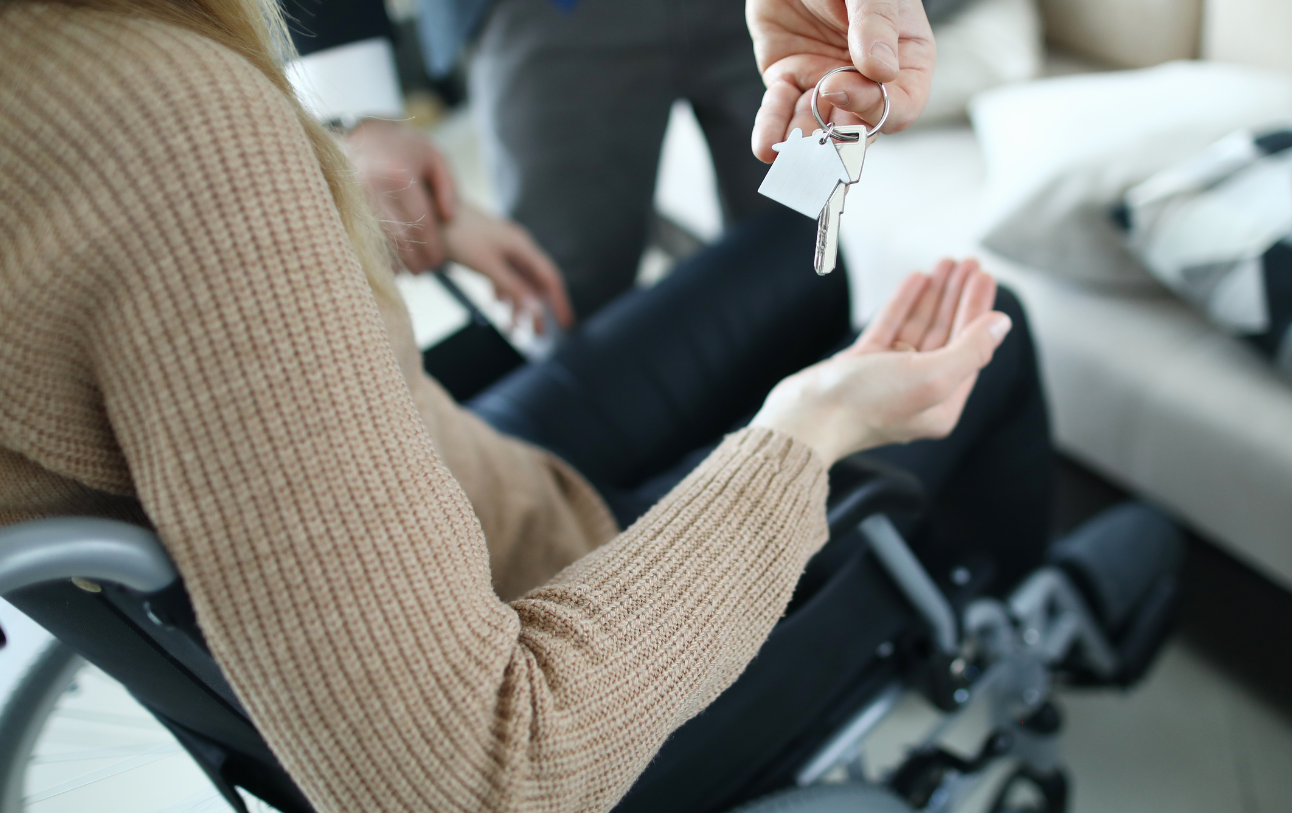In 2022, Fight for Sight (formerly the Vision Foundation) commissioned SafeLives to research the experiences of domestic abuse for blind and partially sighted people.
When Fight for Sight commissioned this research, we were concerned that despite evidence showing that disabled people are nearly three times as likely to have experienced domestic abuse, there were no data, discussions or dedicated services addressing this issue in the sight loss community.
The research project included a literature review of relevant papers from the last 20 years; interviews and focus groups with 78 participants (most of whom were victims or survivors of abuse, and/or visually impaired); and a survey of 72 practitioners working in sight loss, domestic abuse, or other professions associated with this issue (e.g. health services, police).
The report includes key findings on prevalence, experiences of abuse and barriers to accessing help, as well as recommendations for services, training and best practice.






